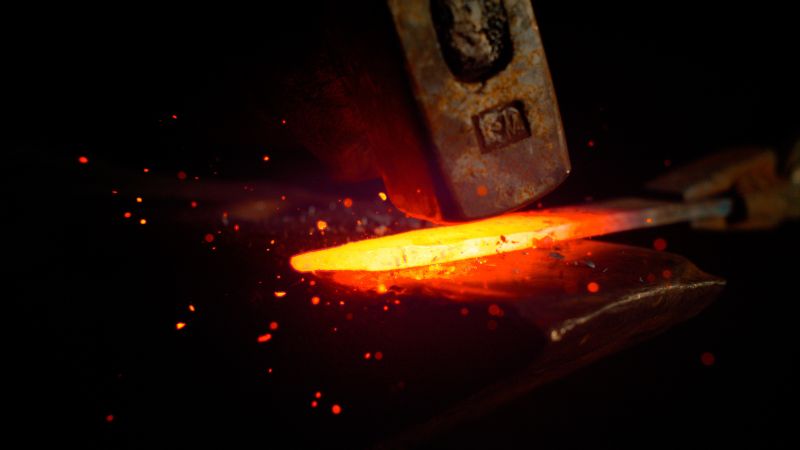RSS Feed Source: Academic Keys
As a University of Applied Learning, SIT works closely with industry in our research pursuits. Our research staff will have the opportunity to be equipped with applied research skill sets that are relevant to industry demands while working on research projects in SIT.
The researcher will be part of the team of the NAMIC Project for 3DP Modular Floater. The Research Engineer will play a critical role in the development, validation, and optimization of 3D-printed modular floating structures. This includes conducting hydrodynamic analysis, finite element modeling, and stability assessments, as well as overseeing site-based test bedding, data collection, and reporting. The role also involves designing and validating connectors for the modular system to ensure mechanical integrity and adaptability.
Key Responsibilities
• Participate in and manage the research project with Principal Investigator (PI), Co-PI and the research team members to ensure all project deliverables are
Click this link to continue reading the article on the source website.

